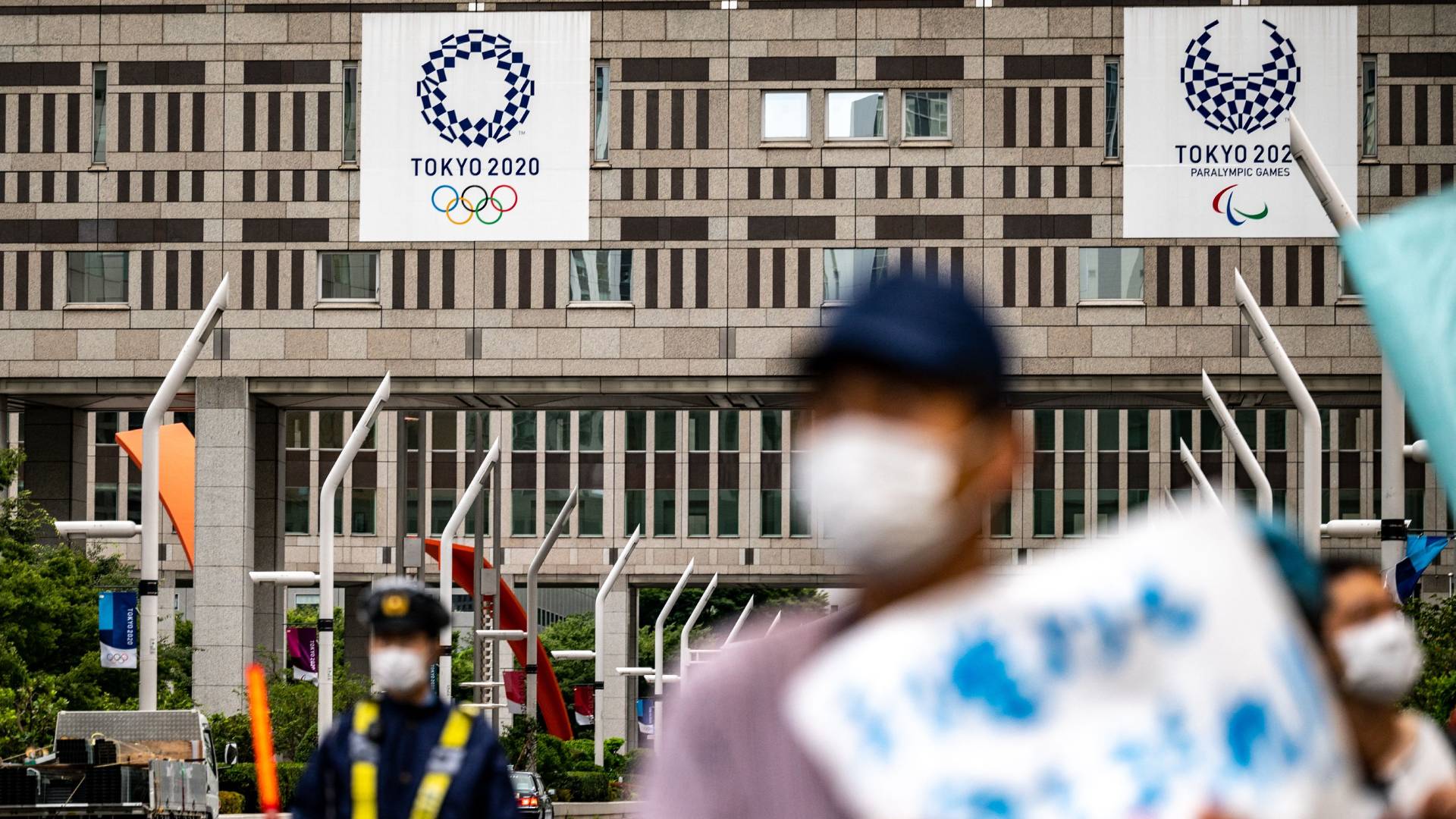We assess that there is only a remote probability of major physical security incidents around the Olympic Games in Tokyo, which run from 23 July to 8 August.
This assessment was issued to clients of Dragonfly’s Security Intelligence & Analysis Service (SIAS) on 6 July 2021.
The organisers have announced plans for robust security across the city, particularly at event venues and the international airport. Public attendance at the Games is likely to be low due to Covid-19, with caps of 50% in venues, so the authorities are unlikely to struggle to ensure security. But an anti-Olympics movement in Japan appears to have gained momentum in recent months, suggesting that some small protests in Tokyo before and during the event are likely.
Japan’s Public Security and Intelligence Agency has specifically emphasised that the threat of cyberattacks during the Olympics has been ‘especially notable since the London Olympic Games’ in 2012. Based on precedent and the agency’s reporting we assess that cyber attacks are highly likely during the games. This is not least because of the wide range of potential hostile actors, including Russia-linked hackers, environmentalist hacktivist groups, and criminal actors. According to the UK authorities Russia conducted attacks against organisers, logistics services and sponsors of the 2020 Games in Tokyo before they were postponed last year.
We anticipate that Russia is probably still intent on disrupting the games this year again, not least because Russian athletes have been banned from sporting events since 2018. The Japanese authorities have highlighted the potential for such attacks against critical infrastructure; precedent suggests that this would probably include electric power systems and logistics operations. In addition, there will probably be less complex attacks or attempts, for example against affiliated websites. In 2019, the agency said that there were ‘fake websites and spam emails of notifications for winning tickets’.
Protests to oppose the holding of the Olympics are likely to be the main security issue around the event. Activists have not announced any specific plans for demonstrations ahead of or during the event, but several Tokyo-based movements have held gatherings over the past couple of months. Two groups that have gained a wide following on social media include ‘Hangorin No Kai [Anti-Olympic Games]’ and the ‘Cancel Olympics 2021 disaster’ group. Those groups’ main opposition to the Games are concerns that the event will lead to a spike in new Covid-19 cases and pressure on Japan’s healthcare system.
Participation at still-small anti-Olympics rallies has risen slightly in recent weeks, and we assess that there is a reasonable chance that the protest movement will grow further in the next few weeks. In recent months only a dozen or so activists have gathered each Friday at Harumi Square. But a protest in front of the Municipal Government Building in Tokyo on 23 June drew a crowd of around 200 people, according to local news outlets. Even if turnout grows during the Games, precedent suggests that demonstrations would neither be disruptive or violent.
Although the overall risk of crime is low in Japan, there is a reasonable possibility of attendees being the victims of pickpocketing or other forms of petty criminality. But this would probably only occur in large crowds. Violent crime is uncommon in Tokyo. Major Western governments and local media reports suggest that credit card fraud schemes or drink spiking occur in bars and nightclubs in some areas, particularly Shinjuku, Shibuya and Roppongi. But due to Covid-19 restrictions such as early closure of bars and limitations on alcohol, there are fewer opportunities for criminals to use such methods compared with prior to the pandemic.
Japan’s Public Security and Intelligence Agency has previously highlighted potential terrorist threats around the games. In its most recent annual report, the agency pointed to incidents during past events, but neither this nor subsequent statements by officials have indicated they are aware of any specific threats. Our terrorism threat level for Tokyo is low and we doubt that this will change during the event. Were an attack to occur, we assess it would probably involve a lone actor using crude tactics.
Image: Activists take part in march to Tokyo’s Metropolitan Government Building, 19 June 2021. Photo by Philip Fong/AFP via Getty Images.




